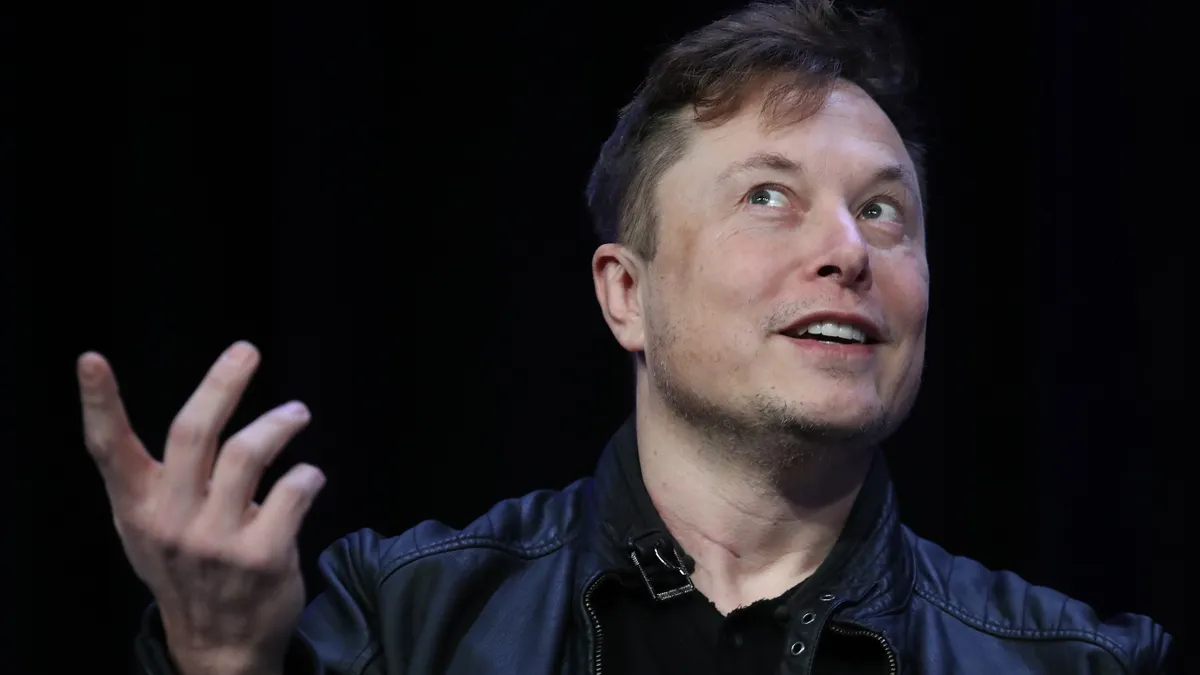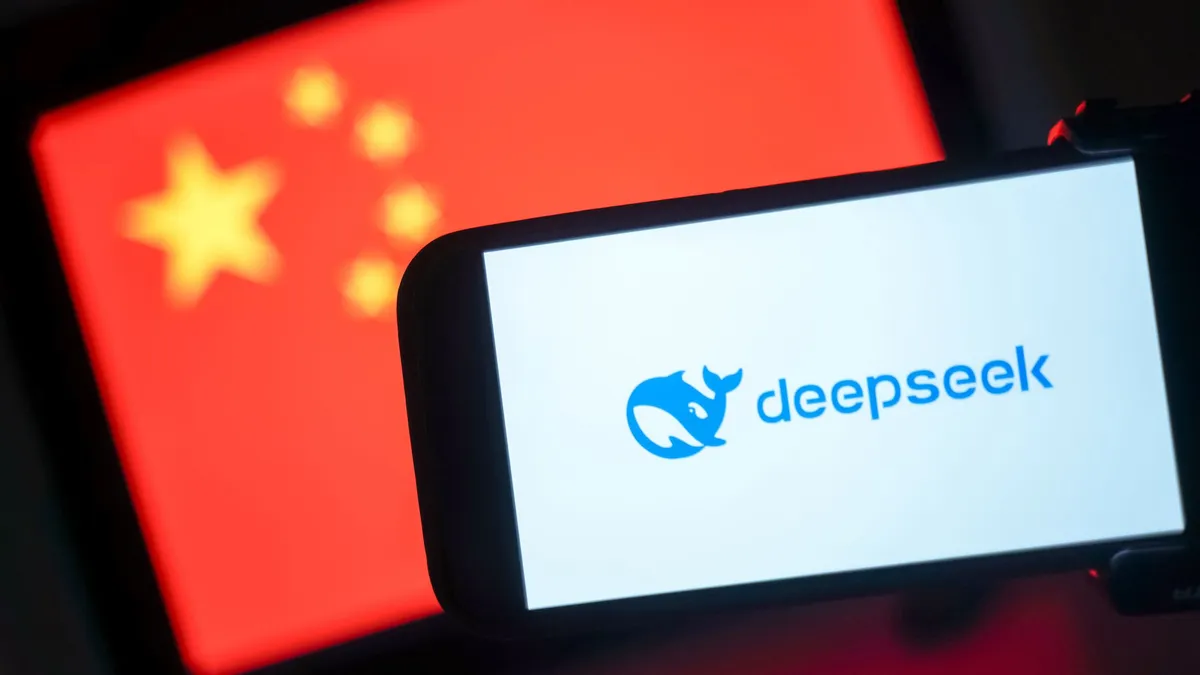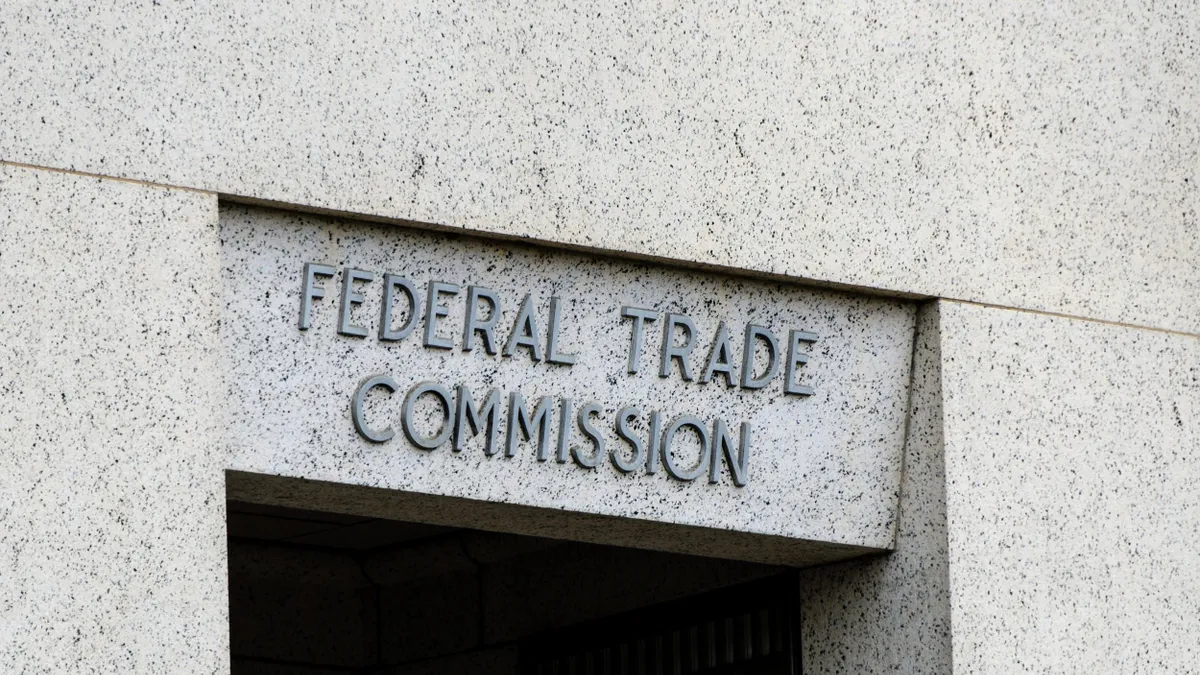What’s an HR professional to make of the chaos at Twitter?
For all of CEO Elon Musk’s off-the-cuff posts broadcasting sweeping product changes and the endless headlines detailing internal turmoil and layoffs at the website — which have caused some to speculate whether Twitter will even be functional by year end — perhaps none spoke to the saga’s people management aspects as plainly as Musk’s memo to remaining staff last week.
Here’s the text of the email Musk sent to Twitter staff overnight.
— Donie O'Sullivan (@donie) November 16, 2022
Those who don’t commit to being “extremely hardcore” by 5pm ET today must leave the company. ‼️
Story: https://t.co/expt0d63dH pic.twitter.com/C8VDjRBvk1
Calling on Twitter employees to embrace an “extremely hardcore” mindset or else, Musk gave workers an ultimatum, asking them to decide within less than 48 hours whether they would be part of the site’s future.
But in doing so, Musk sent a message to any number of current employees and would-be job applicants that they are not valued, according to Esther Sackett, assistant professor of management at Santa Clara University’s Leavey School of Business. That may be especially true for workers who are unable to dedicate the additional hours required by Musk’s Twitter, such as those with caregiving responsibilities.
“It really is almost a case study in how to go against a lot of what research tells us is the best way to approach layoffs and treating people in a workplace,” Sackett said.
Musk’s acquisition of Twitter has been nothing short of an anomaly in HR with no shortage of critiques that observers could levy at the Tesla and SpaceX founder. Yet the “hardcore” memo adds a new dimension to the company’s takeover. It signals a lack of concern for employee well-being, said Sackett, evocative of a hustle culture mentality that is prevalent in many technology companies. But Twitter’s situation differs drastically from that of a typical startup, she added.
For one, The New York Times previously reported concerns among employees that there may be changes to their equity compensation, despite the company’s reassurances that it would continue to pay the same workers the same level of salary and benefits for a one-year period.
There is also the matter of remote work. Twitter, like many firms, embraced remote work during the early stages of the COVID-19 pandemic. Musk, however, has asked that managers permit employees to work remotely only on the condition that managers “take responsibility for ensuring that you are making an excellent contribution,” according to an internal email published by CNBC. He also asked that managers meet with remote workers at least once per month.
Both rollbacks demonstrate that Twitter employees have less of an incentive to meet Musk’s “hardcore” edict, Sackett said. Changes to remote work could amount to a “violation of a psychological contract,” she continued, further reducing engagement and motivation.
“In a relatively mature company that had a whole different culture two or three weeks ago, I think it’s kind of a hard sell for people,” Sackett said.
The remote work decision is also striking given the profound shift in how people work, said Kathleen Quinn Votaw, CEO at recruitment consulting firm TalenTrust. Many workers have options in the current market given the persistent number of U.S. job openings compared to labor force participation, and Musk’s requirements could be even more reason to take advantage of other opportunities, Votaw added.
“He’s making a choice that he wants people to work a certain way, which is totally within his rights,” she said. “But the employees working underneath him have a choice to work the way that they want to work.”
There also may be legal implications to revoking remote work, particularly in the disability accommodation context. Musk’s implication that remote work would be reserved only for exceptional employees on a case-by-case basis, specifically, may make it more difficult for Twitter to maintain that in-person work is an essential function of a given job, said Robert Ortbals, Jr., partner at Constangy, Brooks, Smith and Prophete.
“That would be potentially concerning to me in the sense that, if you’re going to allow some employees to work remotely based on their job performance, then it’s harder for me to claim that being there in-person is an essential function of a typical employee’s job,” Ortbals said.
The real trouble for Musk and Twitter is that the “hardcore” memo may have backfired anyway. Hundreds of employees declined to sign Musk’s terms by last Thursday’s deadline, The Verge reported.
The manner in which Musk articulated his vision likely did not help matters. With fewer than 48 hours between the memo’s publication and the deadline workers were given to accept its terms, Musk signaled that employees are expendable, Sackett said.
Musk’s internal communication with workers “doesn’t seem to be designed to create a collaborative work environment or even an environment necessarily where the employees at Twitter feel valued,” Ortbals said. “But frankly, that might have been the intent.”
The loss of institutional knowledge could put the site in an even more precarious state.
“It hasn’t fallen apart yet, but down the line, as things break, if there are gaps in people’s roles in the organization where people are unclear of the new formats of teams or who to go to for information, it could be difficult for people to be able to solve problems as quickly as they might have been able to,” Sackett added.
One takeaway from the situation for HR leaders: Keep in mind that employees want to feel valued and want to be heard, Sackett said. The company’s massive wave of layoffs, as well as the reported firings of employees who criticize Musk, further reinforce the importance of maintaining psychological safety in an organization so employees can feel comfortable speaking up about errors or providing information that could improve an organization, she continued.
“If you don’t give people the time and space to prepare for the change and understand how it’s going to impact them before implementing the change, you’re going to get a lot more resistance to what’s going on,” Sackett said.
Correction: An earlier version of this article incorrectly identified Sackett's employer. She is a professor at Santa Clara University.
















